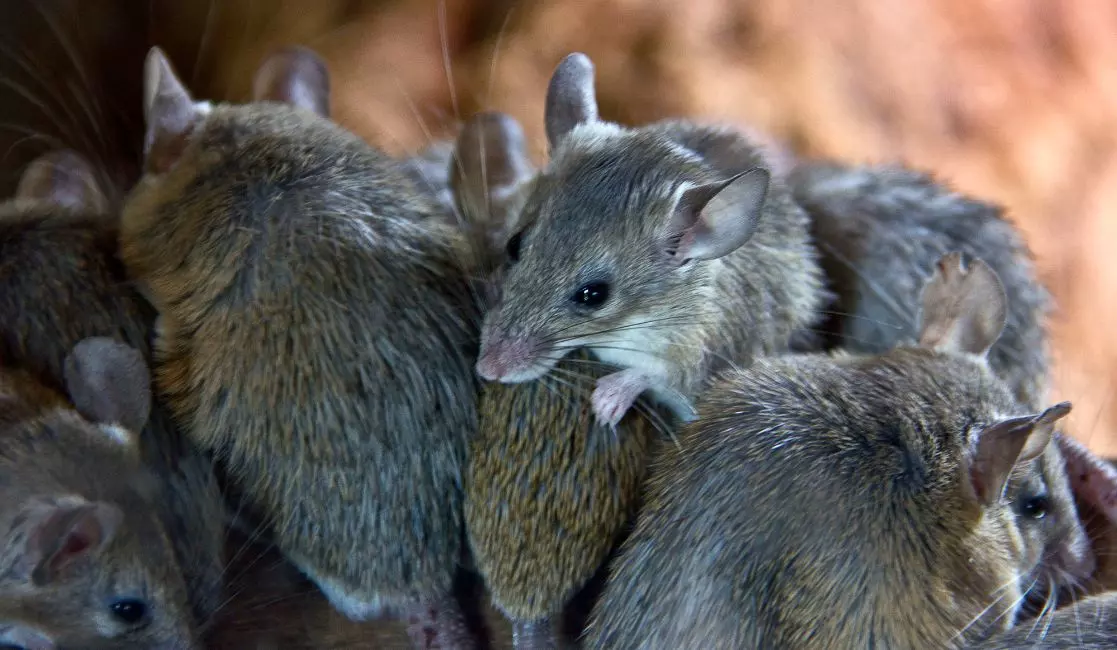Rodent Control and Extermination Services in Bowmanville
Getting rid of mice and rats

Exterminating rodents from your home
Prevention: The best approach to rodent control is prevention. Seal all cracks and gaps in buildings, ensure proper garbage management, and keep food storage areas clean and inaccessible to rodents.
Traps: Snap traps and glue traps are commonly used to catch rodents. Snap traps are designed to kill rodents quickly, while glue traps capture them alive, allowing for their removal. Glue traps are considered inhumane by some due to the prolonged suffering of trapped animals.
Poison baits: Rodenticides are chemical substances designed to poison rodents. They come in various forms, such as pellets, blocks, or liquid baits. When using rodenticides, it's essential to follow the instructions carefully, as they can be harmful to pets and other non-target animals if not used properly.
Ultrasonic devices: These are electronic devices that emit high-frequency sound waves, claimed to repel rodents. However, their effectiveness is widely debated, and they might not be a reliable method for complete eradication.
Natural predators: Some people introduce natural predators of rodents, such as cats or certain breeds of dogs, to control rodent populations. However, this method may not be entirely effective, as rodents can hide in places inaccessible to the predators.
Dangers rodents pose to the property value of your home
Property damage: Rodents have strong teeth that continuously grow, leading them to chew on various materials to keep their teeth from getting too long. They can gnaw on electrical wiring, wooden structures, insulation, and even plastic pipes. This chewing behavior can cause significant damage to your property, leading to costly repairs.
Contamination: Rodents carry and spread diseases, bacteria, and parasites. They can contaminate surfaces and food items in your home or business with their droppings, urine, and hair, potentially leading to foodborne illnesses and other health hazards.
Fire hazards: Rodents gnawing on electrical wiring can cause shorts and electrical malfunctions, which may result in electrical fires. Damaged wiring hidden in walls can be particularly dangerous as it may go unnoticed until a fire occurs.
Structural compromise: In their search for food and shelter, rodents can dig burrows and tunnels in your property's foundation, lawn, or garden. Over time, this can weaken the structural integrity of buildings, walls, and other structures.
Unpleasant odors: Rodents, especially when they die within your property, can create foul odors that are difficult to eliminate.
Attracting other pests: Rodents can attract other pests like fleas, ticks, and mites, which may lead to additional infestations and health risks.
Reputation and business impact: If you run a business, a rodent infestation can harm your reputation and lead to a loss of customers and revenue. Customers are likely to avoid establishments with visible signs of rodent activity.
Psychological impact: The presence of rodents in your home or business can cause stress, anxiety, and discomfort for occupants, affecting their overall well-being.
Diseases caused by exposure to rodents
Hantavirus Pulmonary Syndrome (HPS): Hantavirus is transmitted primarily by deer mice and related rodents. It can be contracted by inhaling dust or particles contaminated with rodent urine, droppings, or saliva. HPS can lead to severe respiratory symptoms and can be fatal in some cases.
Leptospirosis: Leptospirosis is a bacterial infection that rodents can carry and shed in their urine. Humans can contract the disease through contact with contaminated water or soil or through contact with infected rodents. It can cause a wide range of symptoms, from mild flu-like illness to severe infections affecting the liver and kidneys.
Rat-bite fever: This bacterial disease can be transmitted through bites or scratches from infected rodents, such as rats or mice, or through contact with their urine or droppings. Symptoms may include fever, rash, muscle pain, and joint pain.
Salmonellosis: Rodents can carry Salmonella bacteria, which can contaminate food and surfaces and cause gastrointestinal illness in humans when ingested.
Lymphocytic choriomeningitis (LCM): LCM is a viral infection often carried by house mice. Humans can contract it through exposure to contaminated mouse droppings, urine, or saliva. LCM can lead to flu-like symptoms and, in severe cases, affect the nervous system.
Plague: While relatively rare, rodents like rats and prairie dogs can carry the bacterium responsible for bubonic, septicemic, and pneumonic plague. Fleas that feed on infected rodents can transmit the bacteria to humans, leading to potentially life-threatening infections.
Tularemia: Tularemia is a bacterial disease that rodents like rabbits and rodents can carry. Humans can contract it through contact with infected animals or their ticks, fleas, or other vectors. It can cause symptoms ranging from mild to severe, affecting the skin, eyes, lungs, and lymph nodes.






